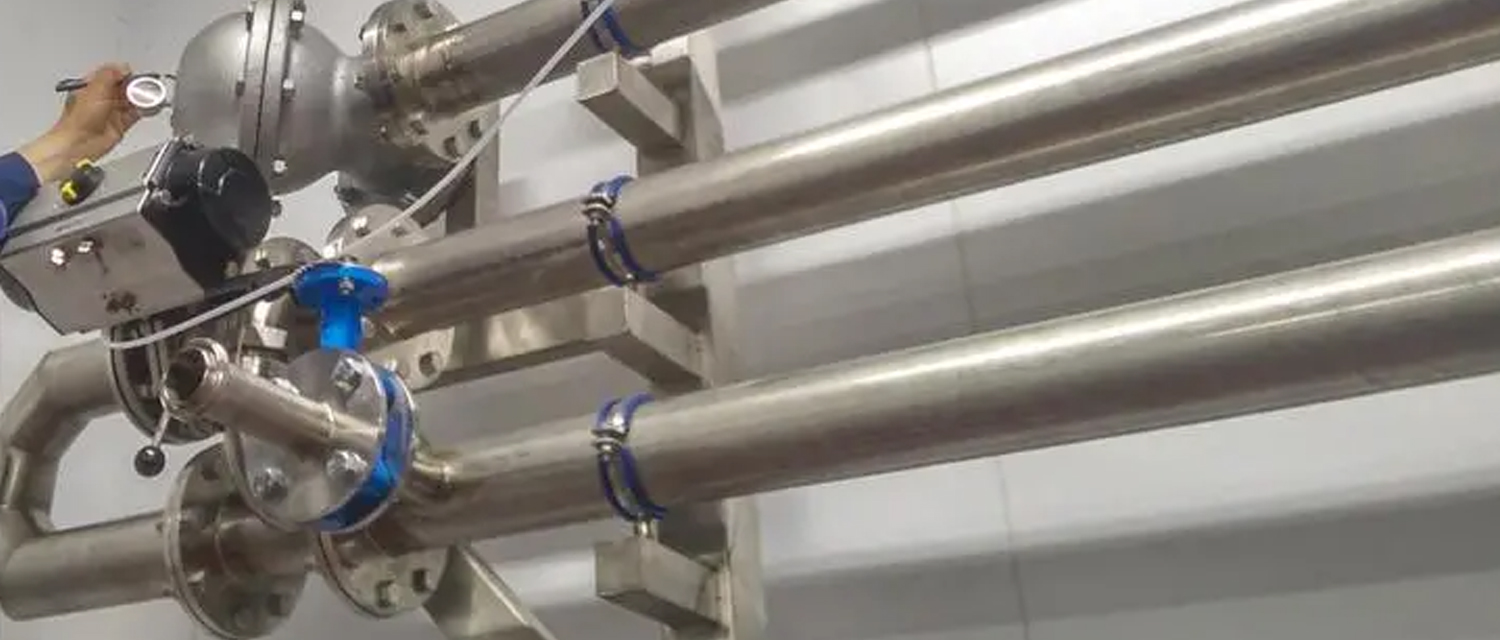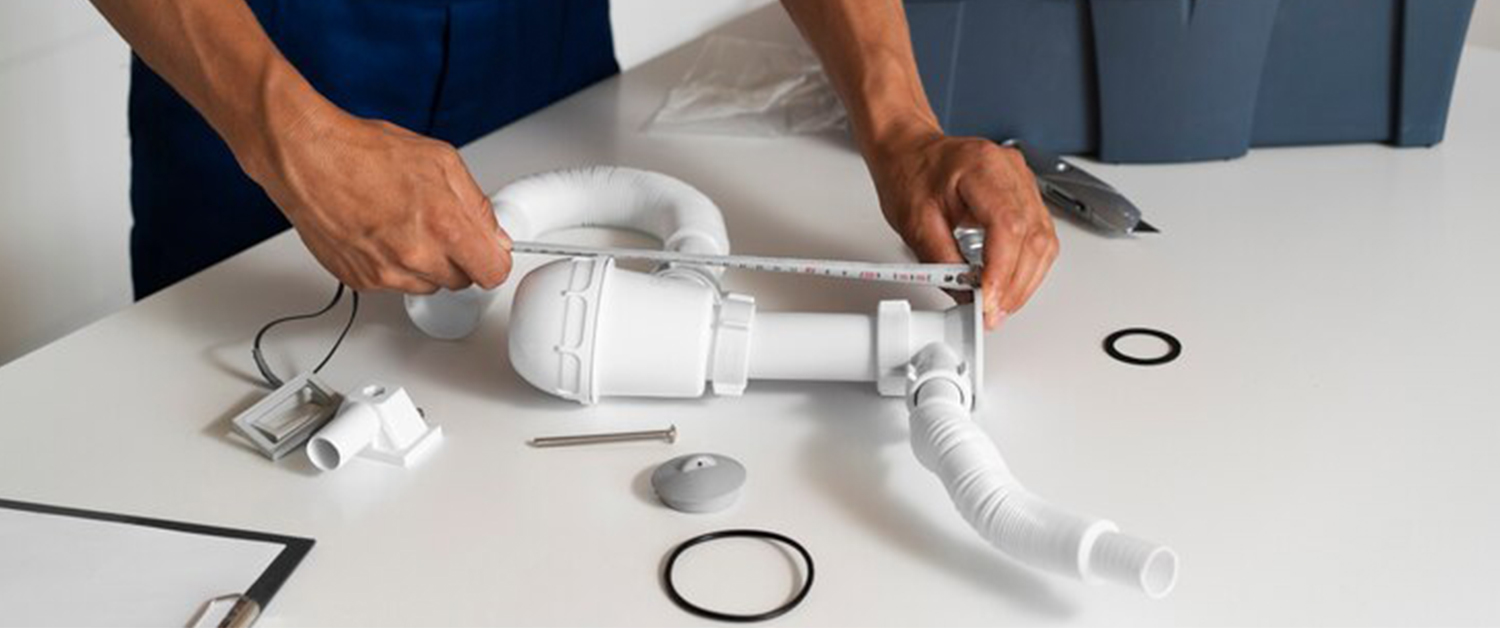Get free quotes within minutes
How to stop gas pipe corrosion
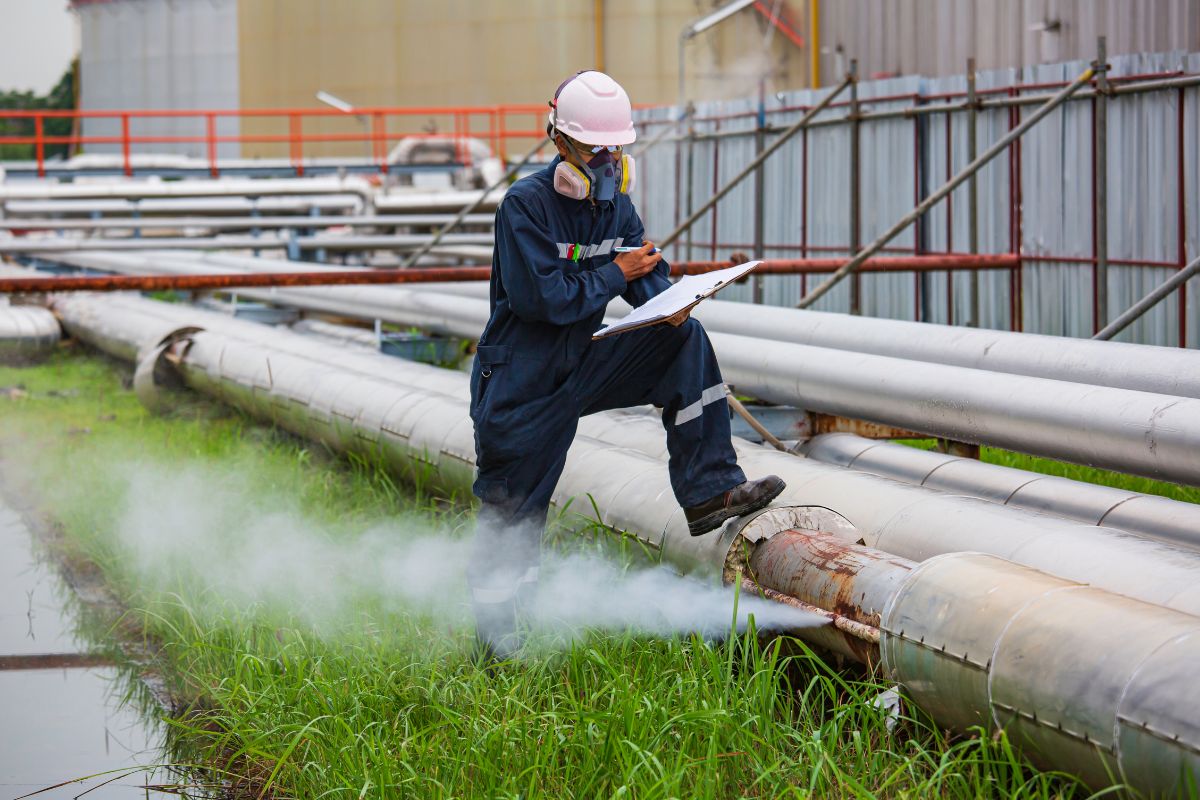
Table Of Content
- Introduction
- What Is Pipe Corrosion?
- Factors Causing Pipe Corrosion
- What Are The Signs Of Gas Pipe Corrosion?
- Ways To Stop And Prevent Gas Pipe Corrosion
- Conclusion
How To Stop Gas Pipe Corrosion?
Corrosion is a less visible but real threat to any installation, and most importantly to the safety of the people using the pipes and the high cost of replacing the pipes. These pipes form the lifeline of our infrastructure, especially in power units hence the need to preserve them in equal measure to the benefit of homeowners and industries. Corrosion of gas pipes can be a genuine issue and in this blog post, we will analyze what potentially leads to the problem, how you can prevent it, as well as important tips for protection. Whether you are an experienced technician or just a homeowner, learning what can be done to prevent the corrosion of gas pipes will enable you to continue to have a safe supply of gas in your home.
What Is Pipe Corrosion?
Pipe corrosion is the thinning of one or more of the material’s atomic layers through chemical interaction with the surrounding medium. It is a change that occurs when the product has been through water, moisture, chemicals or even the type of soil they are placed in which forms rust or other repelling substances. There are known types of corrosion including uniform corrosion, pitting, crevice corrosion, and galvanic corrosion all of which impact pipes differently. In particular, as the pipes are exposed to corrosion processes, their tensile capacity declines and they may develop leaks that affect the fluid transport applications.
Harms of pipe corrosion also do not stop with physical impact; they can also be dangerous for the health of people. There is nothing worse than having contaminated fluids in the water supply, oil, and gas, or wastewater industries because damaged pipes cause health issues for consumers. Furthermore, the money which is required for repair, replacement and time loss is huge. There is also the regulation of risks such as; Corrosion of the pipes is another risk associated with pipelines to this end there are protective measures like; the use of corrosion-resistant material, coatings & cathodic protection to increase the lifecycle of pipes and thus maintain functionality.
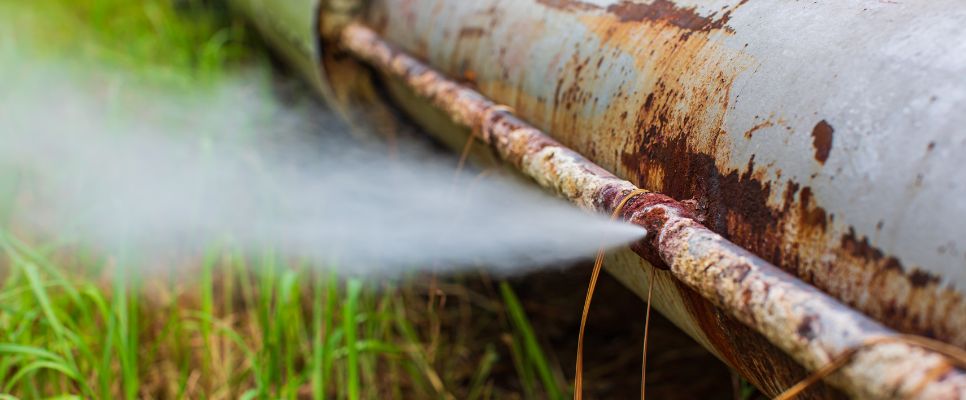
Factors Causing Pipe Corrosion
Here are some of the primary factors contributing to gas pipe corrosion:
1. Environmental Factors
Soil Composition: The type of soil covering the gas pipes is an added factor that greatly determines the corrosion of the pipes. Acidic or alkaline soil affects rates of corrosion because it lowers the resistance offered by the layer of soil against corrosion. Also, frequent dampness is also likely to enhance the probability of corrosion since moist soils are associated with higher corrosion risks.
Temperature and Humidity: The rate of corrosion depends on temperature and humidity; if the two are high, then the rate of corrosion will also be high. High humidity levels may cause condensation on the pipes’ surface, accelerating the corrosion process.
2. Chemical Exposure
Soil Contaminants: Some of the substances that attack pipes include chlorides, sulphates as well as industrial pollutants. Such pollutants include those that are washed from farms, and factories or spread on roads to remove ice creation from winter.
Microbial Induced Corrosion (MIC): Some bacteria that can grow in damp conditions can produce substances that cause corrosion. This type of corrosion is commonly seen on pipelines that are embedded in environments that contain organic materials.
3. Material Quality
Pipe Material: Corrosion resistance depends on the type of material used for the manufacture of the gaseous pipes. The yield strength of steel pipes is good, however, the material is much more prone to corrosion than materials like polyethylene or certain alloys.
Coatings and Linings: Protective coatings or linings sometimes fail in service through degradation with time. Injury of these shields leads to exposure of the base material to corrosive factors.
4. Mechanical Factors
Stress and Strain: This poses a problem because those pipes that have been physically upset by the shifting of soil underneath them, changes in temperature or problems with installation may have developed cracks or weaknesses that may further be exposed to the corrosive effects of the process fluids.
Corrosion from Galvanic Action: If two identically dissimilar types of metals are placed in contact with each other with an intermediary of an electrolyte such as moisture in the environmental surroundings, then that particular situation is said to have galvanic corrosion. This is especially important in systems that contain a variety of metals.
5. Lack of Maintenance
Insufficient Inspections: Periodic checks should be done to find precursors to corrosion in civil structures early enough. Failure to pay maintenance will lead to the following: Progressive corrosion is made possible.
Inadequate Protective Measures: Failure to do so early leads to such effects as; accelerated corrosion rates when corrosion prevention measures like cathodic protection systems are not put in place.
What Are The Signs Of Gas Pipe Corrosion?
It is important to be able to identify corrosion in gas pipe systems before things go out of hand and cause either major catastrophes or dangerous scenarios. Here are some common signs that may indicate gas pipe corrosion:
1. Visible Rust or Discolouration
Surface Rust: If you see any rust development on exposed metal portions of the gas pipes then the case is evidence of corrosion. It may develop as a reddish-brown rust flake or patches to the surface of the aluminium.
Discolouration: Other signs that may indicate pipe corrosion include uneven or black spots on the surface of the pipe. This might show signs of wear or probably the presence of corrosion products of the protective coating.
2. Leaks and Gas Odours
Gas Leaks: The presence of a gas leak is probably one of the most obvious signs of corrosion in gas pipes. If you get the whiff of a metallic smell somewhat like that of burnt matchstick or if you get a smell of rotten eggs (sulphur is sometimes used as a leakage tracker in natural gas), there is probably leakage somewhere in the pipe.
Hissing Sounds: Any hissing sound close to pipes through which gas flows may be a sign that the gas is leaking, this is normally a result of corrosion which causes the formation of holes or cracks in the pipe.
3. Pitting and Cracks
Pitting: This is a pipe surface defect that is characterized by small round or oval depressions. Pitting corrosion is also likely to occur with time and hence be a source of structural defects.
Cracks or Flaking: Major corrosion losses are usually evidenced by the development of a crack along the visible circumference of the pipe or even by flaking off a layer in the outer surface of the pipe. These cracks may propagate and enlarge with time and evacuate the building hence leading to leakage.
4. Increased Gas Bills
Unexplained Increases: If one or more of your gas meters is showing a sharp increase in consumption without any change in usage then, it might point to a corrosion lead leakage. If you get a situation where gas is escaping because the pipe has rusted, you could be paying for gas you never use.
5. Unusual Noise
Bubbling or Gurgling: Outgrowths of such corrosion are gas escaping from specified areas creating bubbling or gurgling sounds near the gas line. This sound is produced if the gas comes into contact with moisture.
6. Pressure Drops
Reduced Pressure: Low pressure on gas in your system can be an indication that a leak has developed due to corrosion. If you regularly observe your pressure, you can be able to detect some complications in advance.
7. Physical Inspection
Inspection of Fittings and Joints: Corrosion is likely to happen in areas where there may be highly stressed fittings and joints. Such problem areas should ideally be checked regularly for signs of corrosion or wear to detect the problem at that stage.
Ways To Stop And Prevent Gas Pipe Corrosion
As a result, measures should be taken to avoid casing of the pipes used in delivery of the natural gas. Here are several effective strategies to minimize the risk of corrosion:
1. Material Selection
Choose Corrosion-Resistant Materials: That is why you should use polyethylene that will in no way corrode or coated steel with a metallic coating that will not rust. They can endure the surrounding conditions better than the normal steel pipes material.
Use Alloys: If employing metal pipes, it is advisable to use alloys that are specially manufactured for use in corrosion control particularly where the surrounding conditions are not so friendly for the pipes.
2. Protective Coatings
Apply Protective Coatings: Apply some protective paint coating to metallic pipe surfaces to hinder its ability to penetrate moisture and other corrosive substances in the fluid. It is important to inspect as well as maintain these coatings to provide optimum protection.
Reapply as Needed: Sometimes one has to check for signs of wear and tear of coatings, and then apply new ones to ensure they are protected.
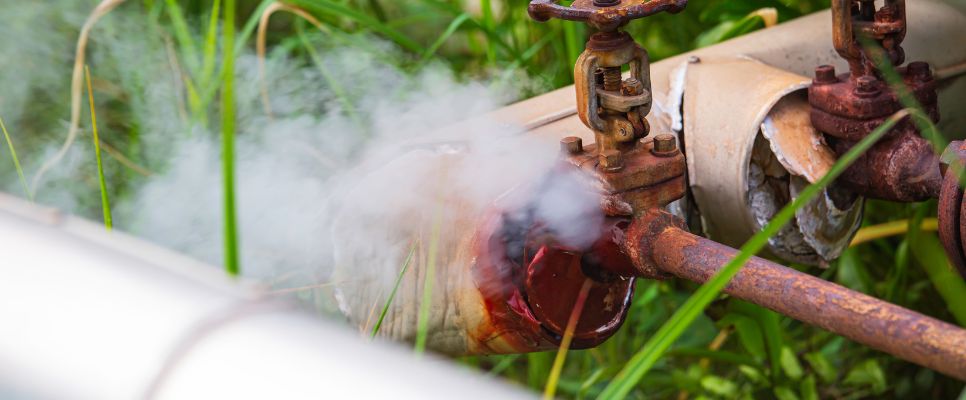
3. Cathodic Protection
Implement Cathodic Protection Systems: This technique involves protecting the gas pipe from corrosion by providing a sacrificial anode onto which corrosion is allowed to occur. This system proves useful in buried pipelines where the corrosion threat is considerably high.
Regular Monitoring: It is also important to check and verify that the referenced cathodic protection systems are in workable condition often.
4. Environmental Management
Control Soil Conditions: If pipes are buried then inspect and control the conditions of the surface environment, especially on the ground. Do not run pipes through regions that are very acidic or corrosive, and conform to backfill which is least likely to cause corrosion.
Drainage Solutions: Ensure that water does not come into contact with an uncontrolled form of gas since it causes the formation of rust on the pipes.
5. Regular Inspections
Routine Inspections: The clients should ensure they take periodic inspections of the gas pipes so as to diagnose the early stages of corrosion. These spots may be commonly looked at as weak points but observable rust, change of color or any signs of corrosion should not go unnoticed.
Use Advanced Technologies: Use techniques like IT or MPI to check the corrosion that might not be easily seen without damaging the section of a material.
6. Proper Installation Practices
Follow Installation Guidelines: Make sure that the gas pipes to be used are installed properly and stipulated with best practices. Installation inhibits stressing points predisposing substances to corrosion as observed by Durkin.
Minimize Joint Connections: Minimize the number of joints and fittings used in the pipeline system as these sections are usually the most sensitive to corrosion.
7. Chemical Management
Monitor for Soil Contaminants: Examine the composition of the soil where the structure contains the gas pipes for chloride or sulphate ions at least once per week. Any problems with contamination should be addressed immediately.
Use Corrosion Inhibitors: Sometimes, it is possible to use corrosion inhibitors to prevent pipes from corrosion by aggressive chemicals.
8. Education and Training
Educate Personnel: Educate the staff about corrosion, how it occurs and the things to look for in the environments. They come with measures that can be taken so that serious issues do not occur since people become aware of them.
Promote Best Practices: Promote high levels of awareness of better practices in relation to maintenance and inspections among all employees to do with gas systems.
Conclusion
Preventing gas pipe corrosion is an ongoing process that is not easy and has to be done in several stages. With these strategies, you can prevent the effects of corrosion in your gas distribution system hence increasing safety and efficiency. It is important to note that monitoring, preventive maintenance and informal training are major aspects of having an effective corrosion management program. This way, you not only prolong the usage of your gas pipes but also improve the safety of everything that you are doing.
YOU MIGHT ALSO BE INTERESTED IN
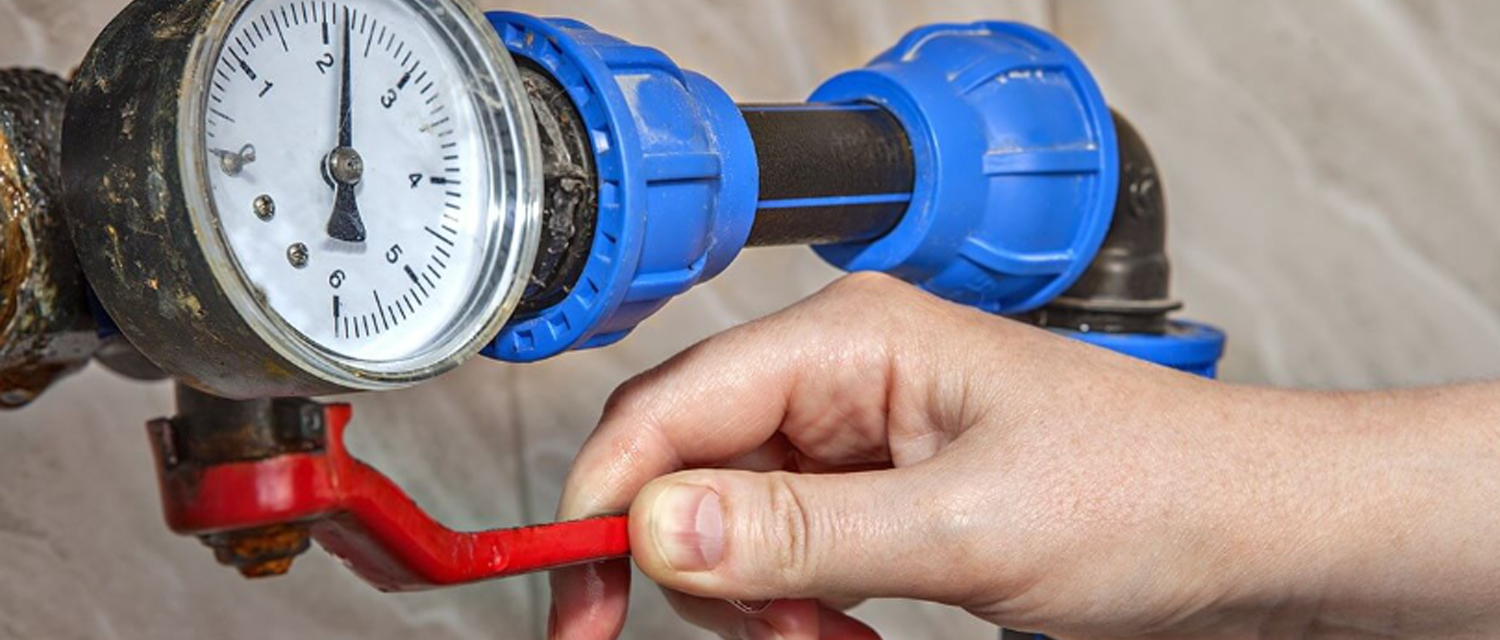
How To Turn Off Your Water Supply In The House - 5 Plumbing Tips
Plumber Related Categories
- Drain Repairer
- Leaking Shower Repair
- Mixer Tap Installation & Repair
- Toilet Repair Plumber
- Drain Installer
- Leak Detection Service
- Grey Water Plumber
- Blocked Drain Plumber
- Hot Water Plumber
- Home Renovation Plumber
- Hot Water Unit Repair Plumber
- New Home Plumber
- Roof Plumber
- Backflow Testing and Prevention







